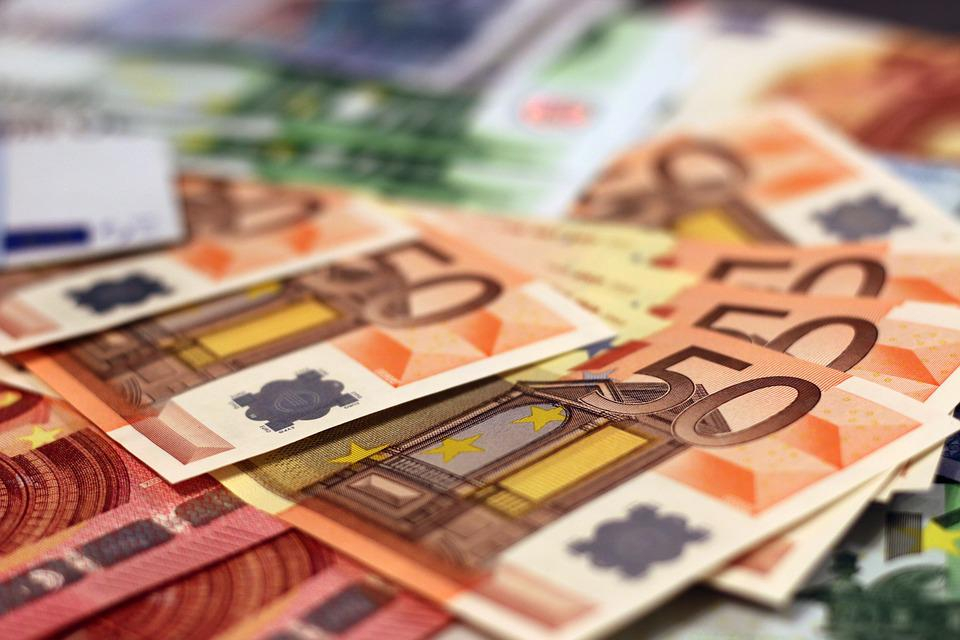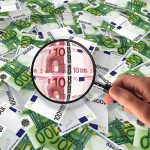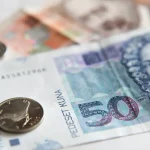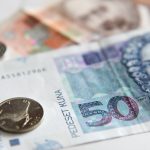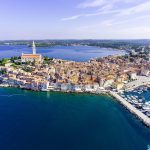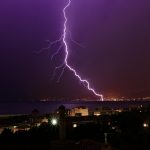As Poslovni Dnevnik writes, new measures have come into force over the last few days, which should work to further stabilise the spiralling growth of fuel prices. Still, the question arises as to what can be expected in the weeks ahead, which Davor Filipovic touched on:
“We can know what will happen in the next two weeks. What will happen after that… I think, at least in these conditions of uncertainty, is impossible to predict. On Monday, we made decisions to reduce excise duties and trade margins. We’ve extended the period in which we calculate the prices of oil and oil derivatives, and this decree will remain force for the next thirty days,” said the Minister, explaining the decisions recently made by the Croatian Government.
He added that it’s yet to be seen what the situation will be on like on global oil markets, and that prices will be further formed accordingly.
“We went for a two-week interval to benefit our people and the economy. The price of fuel is now lower than it was for one entire week. If the prices of fuel on global markets do go down, then they’ll go down in this country as well,” Davor Filipovic pointed out, believing that, when all the circumstances are taken into account, people can be satisfied with what’s been done so far.
“There will be no fuel shortages”
Speaking about the maneuver space of the Government, the Minister noted that there is space left in relation to excise duties, and that when it comes to petrol, it is about 36.37 lipa per litre at this moment in time.
“When we talk about diesel, then the space is a bit smaller, by about 16 or 17 lipa. In these extraordinary circumstances, all the options are on the table, we’re analysing and monitoring what is happening on the market, so that we can respond adequately. We’re going to do everything in our power to be shoulder to shoulder with people and with the economy,” he said.
He also answered the question of whether there may be a shortage of fuel in Croatia:
“Our stocks are in accordance with the law, ninety days for oil and petroleum products. I dare say there will be no shortage. The reaction of distributors comes primarily because we’ve reduced the trade margin. For many years, they were delimited, and I’m of the opinion that in crisis situations, everyone must bear their part of the responsibility, including oil companies and distributors. Their reaction is such ‘because we’ve cut their salaries’ more than it being about a real danger of shortages,” Davor Filipovic points out.
Asked whether additional aid packages will be provided for the most vulnerable among us, such as farmers and fishermen who are in a difficult situation due to the high price of blue diesel, the minister said:
“Since April the 1st, 2022, the Croatian Government has responded with a large package of measures amounting to five billion kuna. Were it not for the intervention of the Government, there would have been a larger increase in the price of electricity, and the same would’ve been true for gas. We’re going to be monitoring the situation and making adequate and timely decisions, as we’ve done so far.”
“The plan is to double the capacity of LNG Terminal on Krk”
Minister Davor Filipovic also referred to the issue of Janaf and distribution, as well as the issue of LNG Terminal on the island of Krk.
“This new situation puts the Republic of Croatia in a position to become an energy hub and an important player when it comes to energy in this part of Europe. Janaf is in a situation where, with the existing capacities, we can satisfy, for example, all the needs of neighbouring Hungary. Janaf’s capacity is 11.4 million tonnes, and Hungary needs 8.1 million.
Without any investment, we can supply oil to Hungary. With certain investments, Janaf can double those capacities. From that aspect, we’re in a very good position. When we talk about the LNG Terminal on Krk, there is no European official, when I go to Brussels or somewhere else, who doesn’t draw attention to the importance of it. It was a wise move by the government. The plan is to double the capacity of Krk’s LNG Terminal to 6.1 billion cubic metres. In order to ensure the supply of Croatia, but also in order to be able to supply Slovenia. We’re thinking about supplying gas to Bosnia and Herzegovina as well in the foreseeable future,” he pointed out, adding that the whole situation makes Croatia a serious player on the new energy map of Europe.
A new package of sanctions against Russia is ready, and it regards a total ban on Russian oil imports. What is the situation here in Croatia?
“When it comes to oil, it’s already being imported from other sources. Russian oil doesn’t come to Croatia through Janaf. The focus is on the security of the energy supply in Croatia. Our underground gas storage will be replenished by November the 1st, 2022, to 90 percent capacity. HEP has been granted a state guarantee that it can take out a loan of 400 million euros, so that our hospitals and maternity hospitals can function smoothly,” Filipovic assured.
Prices are rising day by day, and if this inflationary pressure continues, it will be harder and harder for the average person to get by.
“Inflation isn’t only a problem being faced by Croatia but by the whole world. Prices are going up and everything should be done to mitigate these inflationary shocks on the economy,” he pointed out, adding that they are looking for a way to help. He noted that it’s true that the whole situation is slowing down growth projections, but that none of the world’s experts believe that there will be a global recession.
“There will be cases where some countries will find themselves in such a situation, but not the global economy as a whole,” he said.
Croatia’s 2023 accession to the Eurozone will be extremely helpful
“Entry will make it easier for the country in any case, especially when it comes to crisis situations. There are going to be many advantages at our disposal when we enter the Eurozone. Currency risks will disappear, and conversion costs will also become a thing of the past. Numerous exporters welcome the decision, and tourists will benefit more. There will also be an increase in the country’s credit rating, as announced by certain agencies,” claimed Davor Filipovic, adding that the costs of introducing the euro in Croatia are minimal when compared to the longterm benefits.
“Very soon, we’ll have a tender of two billion kuna, which will be aimed at micro, small and medium-sized enterprises. In order to use the money to increase competitiveness, to digitise processes, to use everything that can be used in the direction of the green transition,” he said.
As for cutting parafiscal levies, Minister Davor Filipovic says they have already begun the process.
For more, make sure to check out our dedicated politics section.

